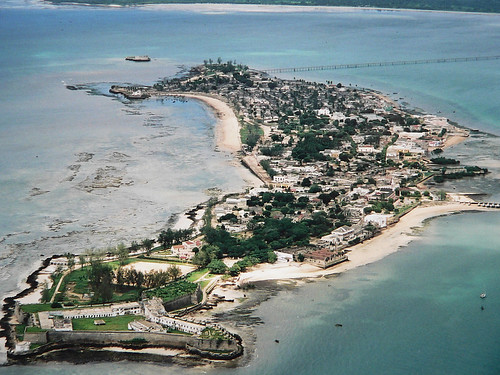China is now Mozambique’s largest creditor, after increasing its funding to the African country by 160 percent since 2012 as significant Chinese investments are being prepared.The weight of financing from China to Mozambique will grow nearly 50 percent, compared with current loan values, with a new loan of US$400 million announced last week.The new loan is for construction of a 600-kilometre power transmission line between the Mozambican provinces of Zambézia and Nampula, according to the Mozambican government.
 Construction of the northern plant of the Cahora Bassa hydroelectric facility is scheduled to begin soon and the Mozambican government expects the project will cost US$413 million (368 million euros) and has attracted the interest of China Three Gorges and China State Grid, according to Portuguese financial daily Diário Económico.China State Grid also intends to finance and build the hydroelectric plant of Mpanda Nkua, designed to be the second largest hydroelectric in the country and awarded to Brazilian construction companies in 2010, but which ran into difficulties.According to data compiled by the Portuguese bank in its latest report on Mozambique, total debt to China was US$886 million in 2014, 160 percent more than in 2012, when the main creditor of Mozambique was still Portugal.
Construction of the northern plant of the Cahora Bassa hydroelectric facility is scheduled to begin soon and the Mozambican government expects the project will cost US$413 million (368 million euros) and has attracted the interest of China Three Gorges and China State Grid, according to Portuguese financial daily Diário Económico.China State Grid also intends to finance and build the hydroelectric plant of Mpanda Nkua, designed to be the second largest hydroelectric in the country and awarded to Brazilian construction companies in 2010, but which ran into difficulties.According to data compiled by the Portuguese bank in its latest report on Mozambique, total debt to China was US$886 million in 2014, 160 percent more than in 2012, when the main creditor of Mozambique was still Portugal.
Debt to China already accounts for about one-third of Mozambique’s total debt, which has nearly doubled since 2010.The recent increase in debt was “essentially based on taking on bilateral loans with China, which accounted for about 70 percent of new disbursements in 2014,” along with multilateral loans, said the BPI report.Taking on foreign loans has been a way for Mozambique to offset the declines in extraordinary income and donations, which resulted in an increase in the state budget deficit.BPI expects total debt will continue, in this scenario, to increase to “levels considered high for a country with the level of development of Mozambique,” and recommends reducing the general state deficit, even taking into account expected economic growth that will tend to “dilute debt levels.”Last year, the pace of economic expansion continued “high,” BPI said, up from 7 percent for the fourth consecutive year, based on the mining and quarrying, construction and financial services sectors.This year, it is possible that growth will “decelerate slightly” compared to 7.5 percent estimated by the Mozambique government, but “the economic outlook for Mozambique remains largely positive, with strong growth rates enhanced by megaprojects and low inflation rates.”Some recent setbacks for investment in the coal sector, due to the fall in the price of this raw material, have been offset by new agreements signed, particularly with Chinese companies, said BPI.











